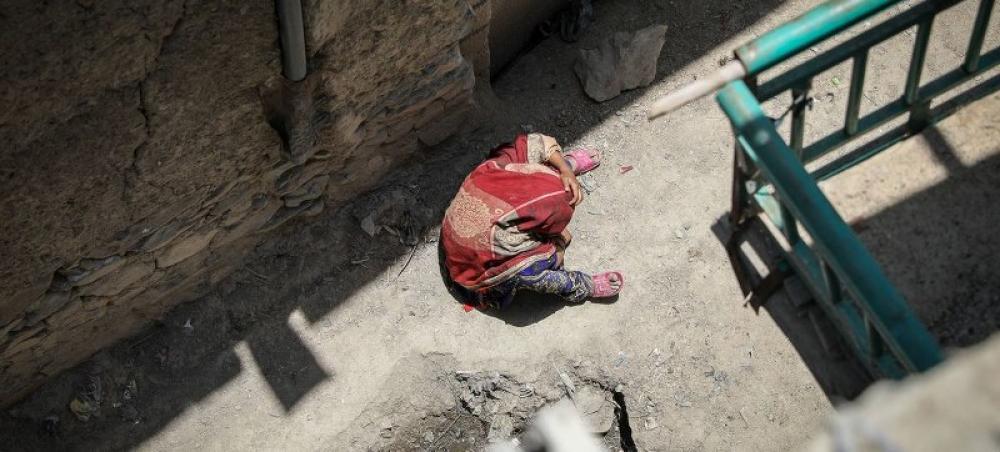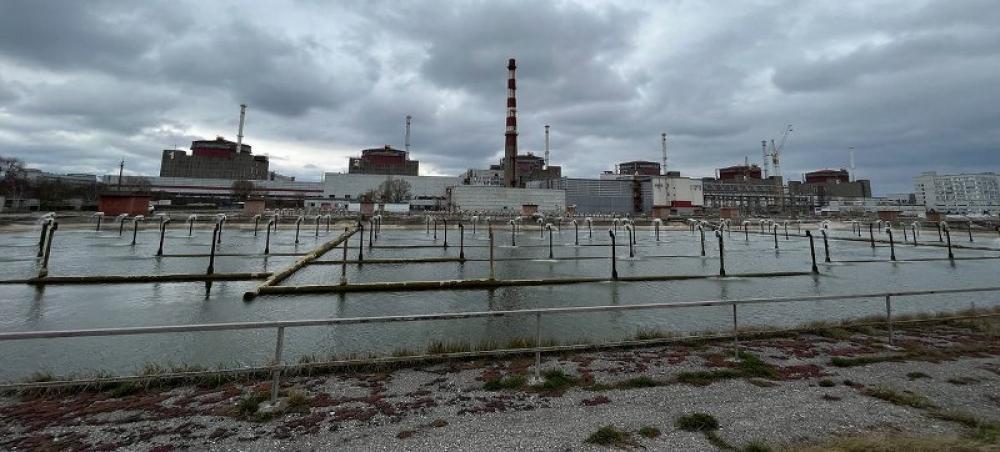JEN | @@justearthnews | 07 Oct 2017, 07:37 am Print
The Port State Measures Agreement (PSMA) – approved by the Conference of the Food and Agricultural Organization (FAO) in November 2009 – entered into force last June, making it legally binding on its parties to conduct rigorous inspections of vessels by port rather than flag States.
According to José Graziano da Silva, the Director-General of FAO, the PSMA is not only the “main tool” to tackle illegal fishing, it also helps to tackle other serious problems including trafficking of drugs and persons.
“We need all countries around the world to be part of the [the Agreement] for it to be highly effective,” he said, speaking at a conference in Malta.
So far about 50 countries are parties to the treaty, but many more are needed, added Graziano da Silva.
As part of its commitments to implement the Agreement, FAO has set aside seed money to fund support programmes for poorer countries develop their technical, scientific and legal capacity. These resources will be bolstered by voluntary contributions.
Also in his remarks, the FAO Director-General announced pledges of $41.9 in funding initiatives for programs aimed at the fisheries sector, including improving fisheries management and livelihoods around the Mediterranean and the Black Sea.
With these funds FAO aims to reverse the trend of overexploitation of fish stocks and strengthen the livelihoods of poor coastal communities, which depend heavily on small-scale fishing.
The UN agency also announced on Friday that it will spend some $1 million to assist small island developing States through its Blue Growth initiative, geared at providing developing countries with a framework which allows them to rebuild and grow their aquatic economies in a sustainable ecological manner while benefitting coastal communities.
Photo: FAO/Alessia Pierdomenico
Source: www.justearthnews.com
- Russia spy whale Hvaldimir was shot dead, claims animal rights groups
- UNESCO adds eleven new biosphere reserves to global list
- Scientists are now planning to reintroduce Dodo, Mauritian Wildlife Foundation and US-based company sign partnership for project
- Kenya: 10 lions killed, conflict between human and wild animals increase
- Biodiversity and ecosystem protection highlighted on Mother Earth Day






